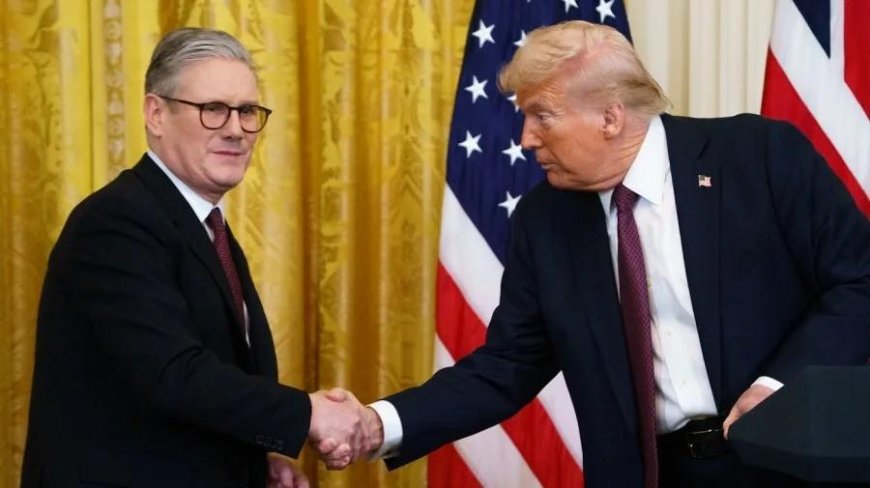UK Suspends Intelligence Sharing with US Amid Caribbean Drug Operation Dispute
UK suspends US intelligence sharing in the Caribbean over concerns about lethal strikes on drug boats. Learn why London fears breaching international law.

UK Halts US Intelligence Sharing Over Caribbean Drug Strike Concerns
In a significant move that underscores a major policy rift, the United Kingdom has suspended its intelligence-sharing with the United States on suspected drug-trafficking vessels in the Caribbean. The decision, driven by London's concern that U.S. military strikes on these boats may breach international law, marks a rare public fissure in the nations' intelligence alliance.
For years, UK intelligence agencies have been a key partner for the U.S. in the so-called "war on drugs," providing crucial data on vessel movements in the Caribbean. This information traditionally aided the U.S. Coast Guard in interdicting and arresting suspects. However, the partnership has been strained since early September, when the U.S. shifted its strategy from interdiction to a campaign of lethal maritime strikes.
From Interdiction to Lethal Force: The Core of the Dispute
The fundamental disagreement lies in the U.S.'s new tactics. American forces have conducted at least 19 lethal strikes on small boats allegedly linked to cocaine trafficking, resulting in an estimated 76 deaths. The U.S. government justifies these actions by classifying the traffickers as "combatants" in an ongoing armed conflict, a legal framing the UK does not share.
British officials have grown increasingly concerned that the intelligence they supply is being used to carry out what they view as potential "extrajudicial killings" rather than legitimate law enforcement. By suspending this intelligence flow, the UK is taking a clear stand to avoid complicity in operations it believes may violate international law.
Legal Risks and the "Special Relationship"
The tension is amplified by the deep integration of UK and US military forces in the region. The U.S. has deployed its largest aircraft carrier, the USS Gerald R. Ford, with a supporting strike group to the Caribbean. Notably, a Royal Navy officer is assigned to a U.S. destroyer within this same task force.
This close coordination creates complex legal liabilities for the UK. Legal analysts warn that if British personnel or intelligence are involved in operations later deemed unlawful, the UK government could face serious legal and reputational consequences.
Official Silence and Strategic Implications
Officially, the UK maintains its standard policy of not commenting on intelligence matters. A Downing Street spokesperson reaffirmed that the U.S. remains the UK's "closest partner," but declined to elaborate on the suspension. This silence highlights the sensitivity of the issue.
The decision is particularly significant given the Five Eyes intelligence alliance, which includes the U.S., UK, Canada, Australia, and New Zealand. Intelligence-sharing is a cornerstone of this partnership, and a unilateral suspension by one member signals a profound disagreement over the rules of engagement.
The Road Ahead: A More Conditional Alliance?
This development suggests that future UK-US cooperation may become more conditional. The UK is likely to demand clearer legal frameworks and assurances that its intelligence will not be used for operations falling outside internationally accepted norms.
The rift goes beyond bilateral relations, raising critical questions about the rules of engagement in international waters and the legality of classifying drug trafficking as a form of warfare justifying lethal military force.
Conclusion: A Clash of Law and Security
The UK's decision to halt intelligence sharing over the Caribbean boat strikes is a bold assertion of its legal and ethical red lines. It highlights the inherent tension between aggressive counter-narcotics campaigns and the strict adherence to international law. As the U.S. pursues its militarized strategy, this move from its closest ally serves as a powerful critique and could redefine the boundaries of their future security cooperation.
What's Your Reaction?
 Like
0
Like
0
 Dislike
0
Dislike
0
 Love
0
Love
0
 Funny
0
Funny
0
 Angry
0
Angry
0
 Sad
0
Sad
0
 Wow
0
Wow
0














































